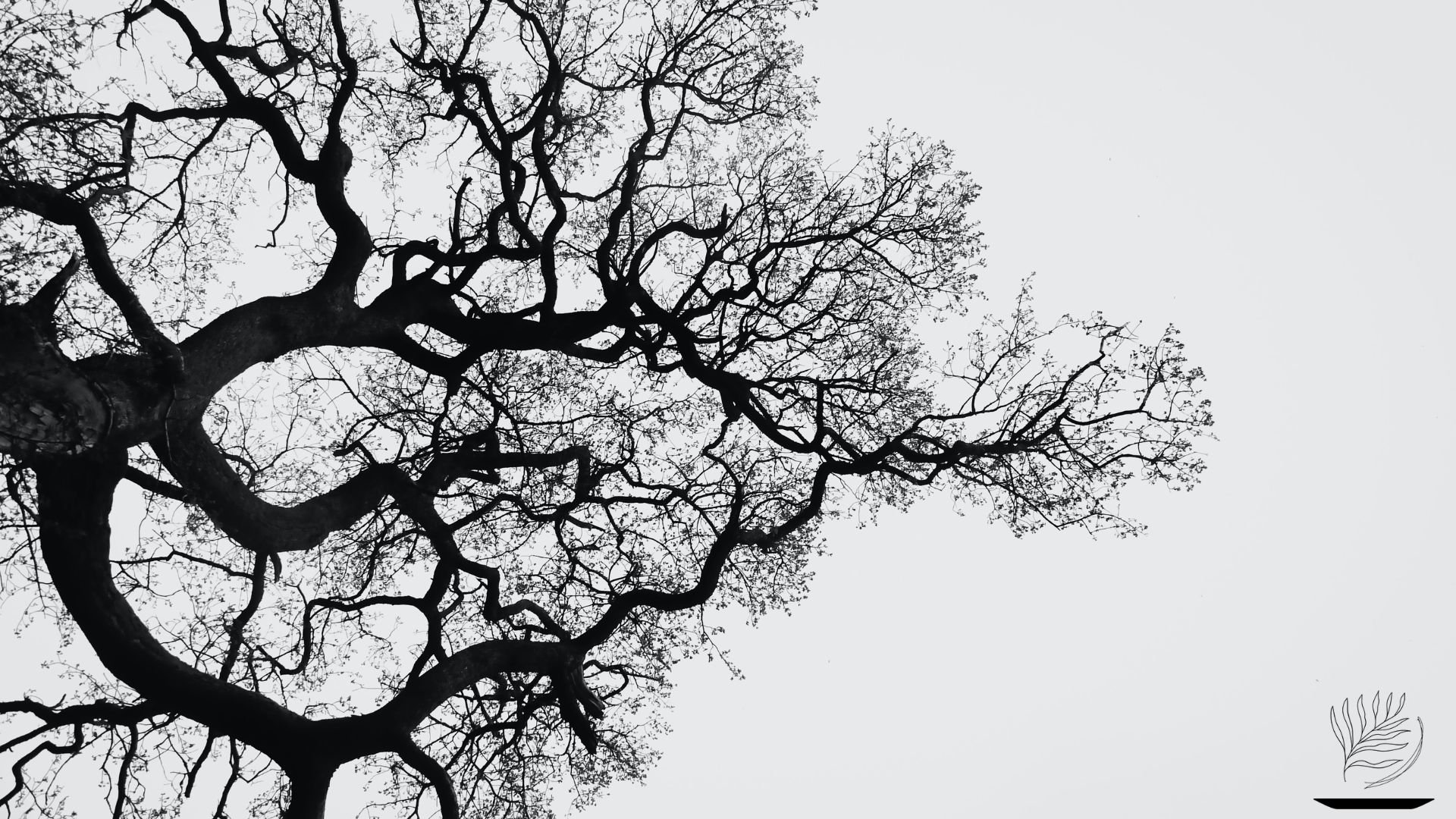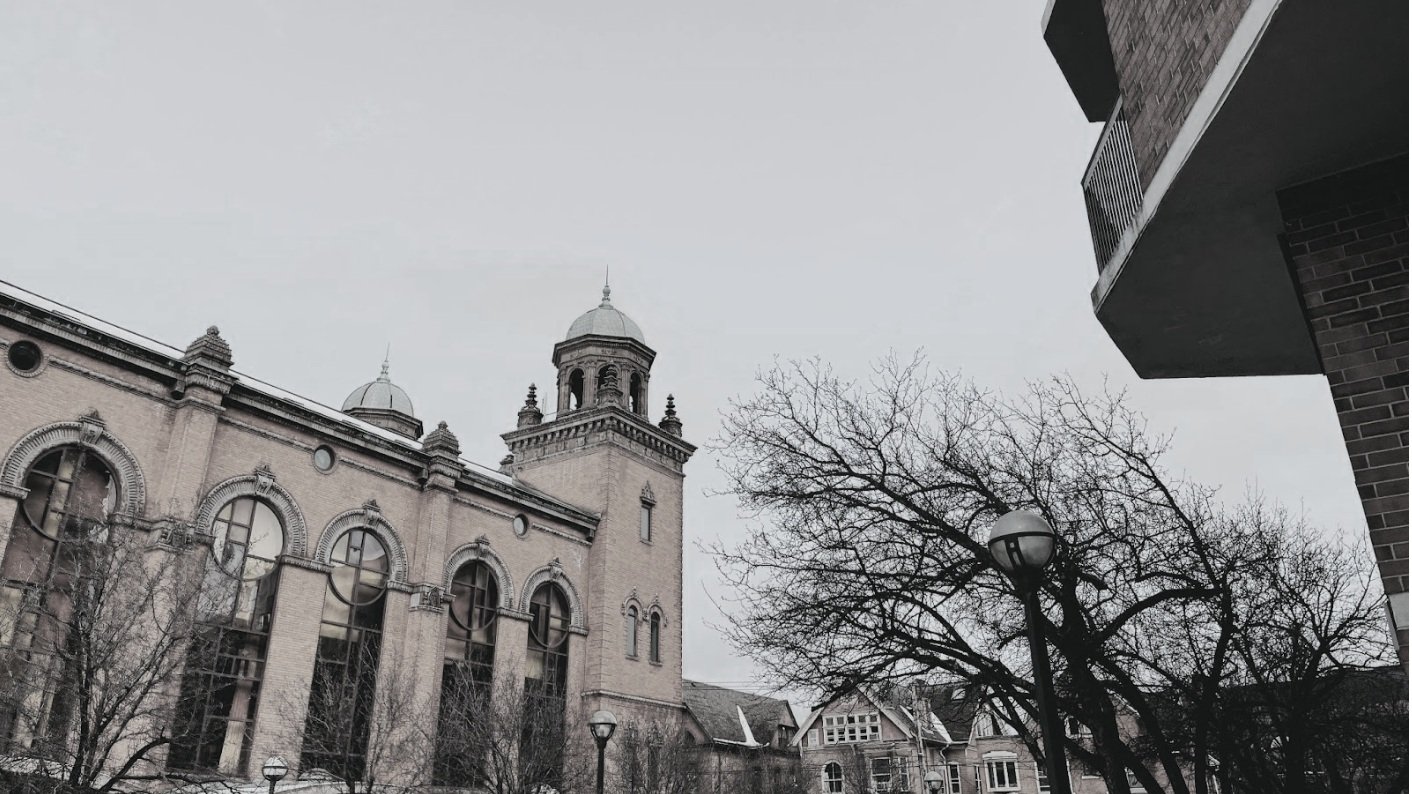Quaranta Giorni
March 11, 2021 | By Justin Ferrugia TD ‘23+1
Pictured: sand in the desert.
Lent is a quarantine—literally. The word “quarantine” comes from the Italian expression for the period in which any ship sailing to Venice had to stay anchored away from port during the time of plague. Quaranta Giorni: Forty Days. [1]
We tend to think of a quarantine as confinement in space. In our variously quarantined culture, this has led to an abundance of dread associated with the word. Realities like cabin fever and disrupted routines come to mind. But when we look at the word’s origin, we see that quarantine is not a spatial category at all. It is a temporal one, much like Lent.
This was first pointed out to me last year during Lent—at the start of the COVID-19 pandemic. At that point, I have to admit it was not very helpful to me. It didn’t feel right to turn the pain, sickness and even death of so many into a vague spiritual exercise. I, like many, was fearful and uncertain, and I certainly did not feel like extracting some obscure light from the darkness.
A year removed, I realize all the Lents I have experienced before 2020 have felt easy. I give up things, I fast, I pray, I give alms, but do I really live with Christ in the desert for 40 days? The desert is never easy—not for Moses, Elijah, or Christ. And for the last two Lents, many of us have been forced into that desert in a way we never have before. Before Elijah “walked forty days and forty nights to the mountain of God,” God sent an angel to Elijah who said, “Get up and eat, or the journey will be too much for you!” (1 Kings 19:7-8). For many of us, Christians and non-Christians alike, this pandemic is the first time we have realized that our desert journey is too much for us to undertake alone. [2]
Lent asks us in part to detach from this world. We fast, and we pray. Fasting forces us to detach from things that tether us to our earthly lives. Most often, these are our relationships with something—a vice, a distraction, or even an innocent pleasure. We detach from these relationships because we find that they distract us from our duty to understand what it means to occupy the world. Once we rid ourselves of these binding preoccupations, we can then turn our eyes upward—we can pray. Out of the pain and hardship of detaching from our earthly connection comes a turn to the divinity in which we are all called to partake.
Our lives of quarantine have been the ultimate forced fast. There is no romanticizing the hardship of the desert; but there is solace in understanding that the world has been walking the desert with us. And as Christians, we know they will also get to experience the marvelous rebirth at the end. Quarantine is not a spatial category, it is a temporal one, and what beauty there is in that. The quaranta giorni, the forty days of Lent, are meant to be counted because we know what lies at the end. We get to experience this rebirth every year at Easter. Perhaps now, when the rebirth we hope for will be even more tangible, we can join more fully with our world after collectively traversing this period of Lent and behold the resurrection.
To that end, I want to propose a prayer, an excerpt of a poem written by Brother Richard Hendrick, OFM Cap.
“…we pray and we remember that
Yes there is fear.
But there does not have to be hate.
Yes there is isolation.
But there does not have to be loneliness.
Yes there is panic buying.
But there does not have to be meanness.
Yes there is sickness.
But there does not have to be disease of the soul.
Yes there is even death.
But there can always be a rebirth of love.
Wake to the choices you make as to how to live now.
Today, breathe.
Listen, behind the factory noises of your panic.
The birds are singing again
The sky is clearing,
Spring is coming,
And we are always encompassed by Love.
Open the windows of your soul
And though you may not be able
to touch across the empty square,
Sing.”[3]
Notes
[1] https://www.cdc.gov/quarantine/historyquarantine.html
[2] The sacramental implications of this passage further its relevance for Christians. As so many of us have been separated from the sacraments, we really have been fasting from the Eucharist— our spiritual food sustaining us on the marathon of faith.
[3]http://franciscanseculars.com/richard-hendrick-lockdown-coronavirus/
This piece is a part of a syndicated series in collaboration with Duke Crux for Lent 2021. Read more at https://dukecrux.org/lent-2021/




December 15, 2023 | Hannah Turner BK ‘24
I’m cast into the expanse of eyes as
I act to my best ability yet;
the lines I’d memorized now elude me.
Is “echoing what they said” worth my spot?